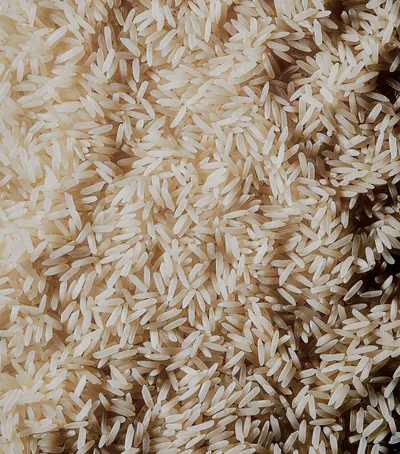
This year is unpredictable in every respect. It began with a conflict that could lead the world to a third world war, with a pandemic in China that spread rapidly throughout the world. Humanity is facing countless challenges.
Life is unpredictable, but when nothing is certain, anything can be possible. Our plans for tomorrow may not come to fruition, but it is important to make plans and move on.
Imperfection is the fundamental principle of Wabi-sabi, the Japanese philosophy of accepting our flaws and enjoying life to the fullest. According to this philosophy, nothing lasts forever, nothing is finished and nothing is perfect. Wabi-Sabi is a lifestyle that appreciates and accepts complexity, but at the same time appreciates simplicity.
"Wabi" means "simplicity", while "Sabi" means "pleasure from imperfection".
The obsessive pursuit of excellence in all areas of life often leads to stress, anxiety, depression and hasty judgment.

Japanese philosophy encourages us to relax, move away from the modern world, and be grateful for all we have. The eternal Wabi-Sabi mindset is now more important than ever for modern life, as we seek meaning and fulfillment beyond materialism.
We as imperfect human beings are rejected by perfection but according to this philosophy imperfection should be seen as an asset not a flaw.

In Zen philosophy, there are seven aesthetic principles in achieving Wabi-Sabi:
Kanso - simplicity
Fukinsei - asymmetry or irregularity
Shibumi - modest beauty
Shizen - natural
Yugen - depth
Datsuzoku -liri
Seiyaku - quiet
Wabi-Sabi is a different mindset and perspective on life, relying more on appreciation than perfection. It encourages you to accept things as they are, to accept yourself, and to build on what you have in life.





